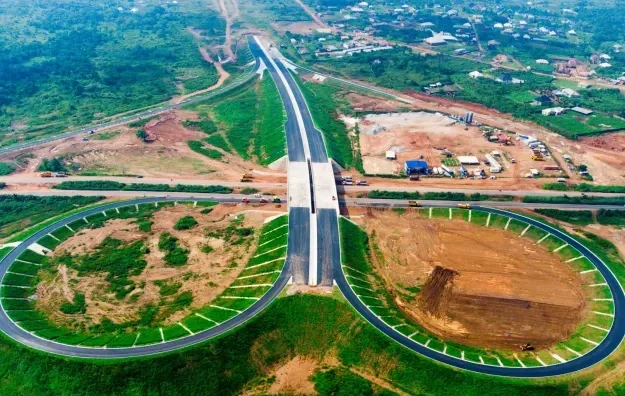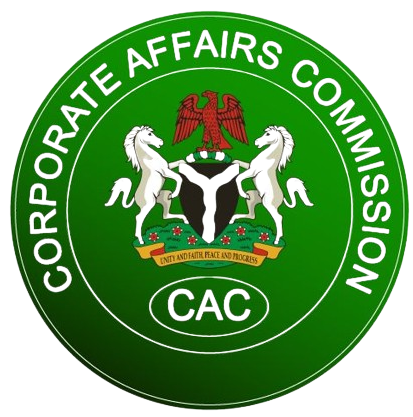Nigeria’s real estate market is thriving, with several cities emerging as prime investment destinations. This blog explores three top hotspots—Ibadan, Lagos, and Abuja—and what makes them attractive for real estate investment, highlighting key developmental projects and landmarks.
Ibadan, Oyo State
Ibadan, the capital of Oyo State, is gaining attention due to its strategic location and ongoing infrastructural developments. As one of the largest cities in Africa, Ibadan offers a blend of historical significance and modern growth.
Key Developmental Projects
- Ibadan Circular Road Project: A major infrastructure project aimed at improving connectivity and reducing traffic congestion, enhancing the city’s accessibility.
- Agodi Gardens: A beautifully renovated park offering recreational facilities, contributing to the city’s appeal for families and tourists.
Landmarks
- University of Ibadan: Nigeria’s premier university, attracting students and academics, thereby boosting the demand for residential properties.
- Cocoa House: A historic skyscraper that remains a symbol of Ibadan’s economic heritage.
- Dry Port: Enhances trade and logistics, making Ibadan a critical hub for goods distribution.
- International Institute of Tropical Agriculture (IITA): A major agricultural research center contributing to local and international food security.
- Moniya Train Station: Part of the Lagos-Ibadan railway, significantly improving transportation and connectivity.
Statistics from UN Habitat
- Ibadan’s population is over 3 million, making it the third-largest city in Nigeria.
- The city is experiencing rapid urbanization, with an annual growth rate of approximately 2.5%.
- Housing demand is increasing, with a focus on affordable and middle-income housing.
Why Ibadan is a Hotspot
- Affordable property prices compared to Lagos and Abuja.
- Growing commercial activities and improved infrastructure.
- Increasing demand for housing due to urban migration and educational institutions.
Lagos
Lagos, Nigeria’s economic powerhouse, is renowned for its vibrant economy, bustling markets, and extensive commercial activities. As the most populous city in Nigeria, it continues to attract both local and international investors.
Key Developmental Projects
- Fourth Mainland Bridge Project: A significant infrastructure project set to ease traffic congestion and improve connectivity between Lagos Island and the mainland.
- Imota Rice Mill: One of the largest rice mills in Africa, aimed at boosting local rice production and reducing import dependency.
- Ijede Power Plant: Enhancing the city’s power supply and supporting industrial growth.
- Ebute-Ipakodo Jetty: Improving water transportation and reducing road traffic.
Landmarks
- Lagos Island: The commercial heart of Lagos, housing major businesses, banks, and corporate headquarters.
- Lekki Free Trade Zone: A major industrial and commercial hub, attracting businesses and fostering economic growth.
Statistics from Business Insider and Forbes
- Lagos is projected to become Africa’s largest city by 2035, with a population surpassing 24 million.
- The city’s GDP is estimated at $136 billion, making it one of Africa’s largest economies.
- Lagos contributes over 30% of Nigeria’s GDP and houses the headquarters of most multinational companies operating in Nigeria.
Why Lagos is a Hotspot
- Strong economic base with diverse business opportunities.
- Continuous infrastructure development, including roads, bridges, and public transportation.
- High demand for both residential and commercial properties due to population growth and urbanization.
Abuja
Abuja, the capital city of Nigeria, is known for its well-planned layout, serene environment, and political significance. It is a city that combines modern amenities with a stable, secure atmosphere, making it a prime location for real estate investment.
Key Developmental Projects
- Centenary City: A modern urban development project aimed at creating a city within a city, featuring residential, commercial, and recreational facilities.
- Abuja Light Rail: Enhancing connectivity within the city and making commuting easier for residents and businesses.
Landmarks
- Aso Rock: A prominent natural landmark and the site of the Nigerian Presidential Complex, National Assembly, and Supreme Court.
- Jabi Lake: A popular recreational area with a shopping mall, offering a mix of leisure and retail options.
Why Abuja is a Hotspot
- Political and administrative center of Nigeria, attracting government officials and international diplomats.
- Well-planned city infrastructure with good road networks and modern amenities.
- Growing demand for luxury housing and commercial spaces due to the influx of expatriates and high-income individuals.
Investing in Ibadan, Lagos, and Abuja offers diverse opportunities for real estate investors. Ibadan’s affordable prices and strategic developments, Lagos’s robust economy and continuous infrastructure projects, and Abuja’s political significance and well-planned layout make these cities top choices for anyone looking to capitalize on Nigeria’s booming real estate market. For expert guidance and secure investments, contact our team at ROI SAFE on WhatsApp HERE.
Photo Credit: By Oyo State Feedback Service






